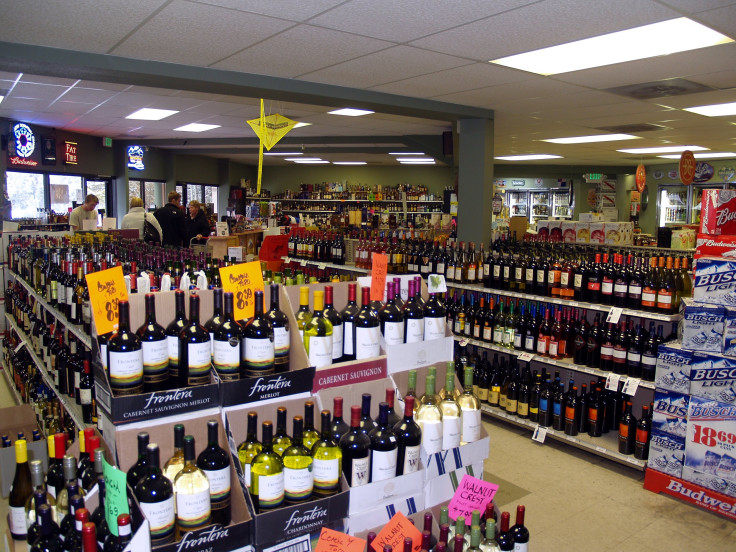
Almost 80 years ago, it was constitutionally banned nationwide. A few years later, the 21st Amendment reinstated its legality. Today the books of only 18 states contain vestiges of the prohibition era in America.
One of the most noticeable state-run systems of liquor sales is that of Pennsylvania. Seen by some as a mecca for high-quality beverages, the Quaker State is home to the brewers of Yuengling, Yards, Keystone and others, as well as over one hundred high-quality wineries. Yet it can be both costly and difficult to find a convenient outlet for many spirits within the commonwealth. In many states, all it takes is a trip to the neighborhood supermarket or gas station for consumers to pick up their favorite beverages. Here, a customer must find their closest "state store" location and pay a non-competitive price for their drinks.
Enter high-profile Governor Tom Corbett, a Republican who has drawn both intense praise and ire for his multiple approaches to slashing a bloated state budget. For a long time, he publicly floated the idea of "getting out of the liquor business" as a way to encourage private-sector growth and cut a sizable chunk from state spending that goes to funding the operations of the almost 600 government-owned "Wines & Spirits" shops and their unionized employees. Supporters of the plan say it will gross about $1 Billion for the state's coffers. Opponents say it will leave nearly 4,000 people out of work.
One of Corbett's main allies in the state legislature, House Majority Leader Mike Turzai of Allegheny County drafted a bill set to hit the House floor in Harrisburg today that outlines how the state will privatize a nearly century-old state business.
Each of Pennsylvania's 67 counties will hold two auctions to distribute 1,250 liquor licenses. Businesses from mom-and-pop shops to grocery chains will be eligible to bid for the licenses. Eager business owners, especially those near state lines, are said to be chomping at the bit for the ability to compete with each other and those in neighboring states.
Companies like Total Wine, a nationwide chain of big box beverage outlets, have set up locations very close to the Keystone State in hopes to draw those consumers living in the borderlands into their stores. One location, on Route 92 in Claymont, Del., sits less than a mile from the state line near Marcus Hook, and an easy 20 minute drive from center city Philadelphia, the state's most populous city. Some say the bill will give merchants in the Philadelphia area the opportunity gobble up much of the Claymont location's business. On the other hand, Total Wine would be eligible to bid on licenses, should they choose to expand into the Keystone State.
In addition to distributing licenses that require annual renewal, Turzai's bill increases the abilities of law enforcement agencies at all levels to enforce alcohol laws as well as provides assistance for displaced state-store workers.
Opponents of Turzai's plan say it is a bad bill at a bad time.
"Why waste the time? There's no interest in the legislature?" said Wendell Young IV, president of United Food and Commercial Workers Local 1776, which represents liquor store employees in Pennsylvania.
"They are getting rid a very lucrative business," said Roland Zullo, a research scientist at the University of Michigan, "It's hard for me to see the wisdom in selling a system that has served the state well."
Jay Ostrich, director of public affairs for the Commonwealth Foundation, a conservative Harrisburg think tank disagrees with Zullo.
"People want the ability to buy their bread, beer, bourbon and Bordeaux all on the same shelf," Ostrich said.
© 2025 Latin Times. All rights reserved. Do not reproduce without permission.




